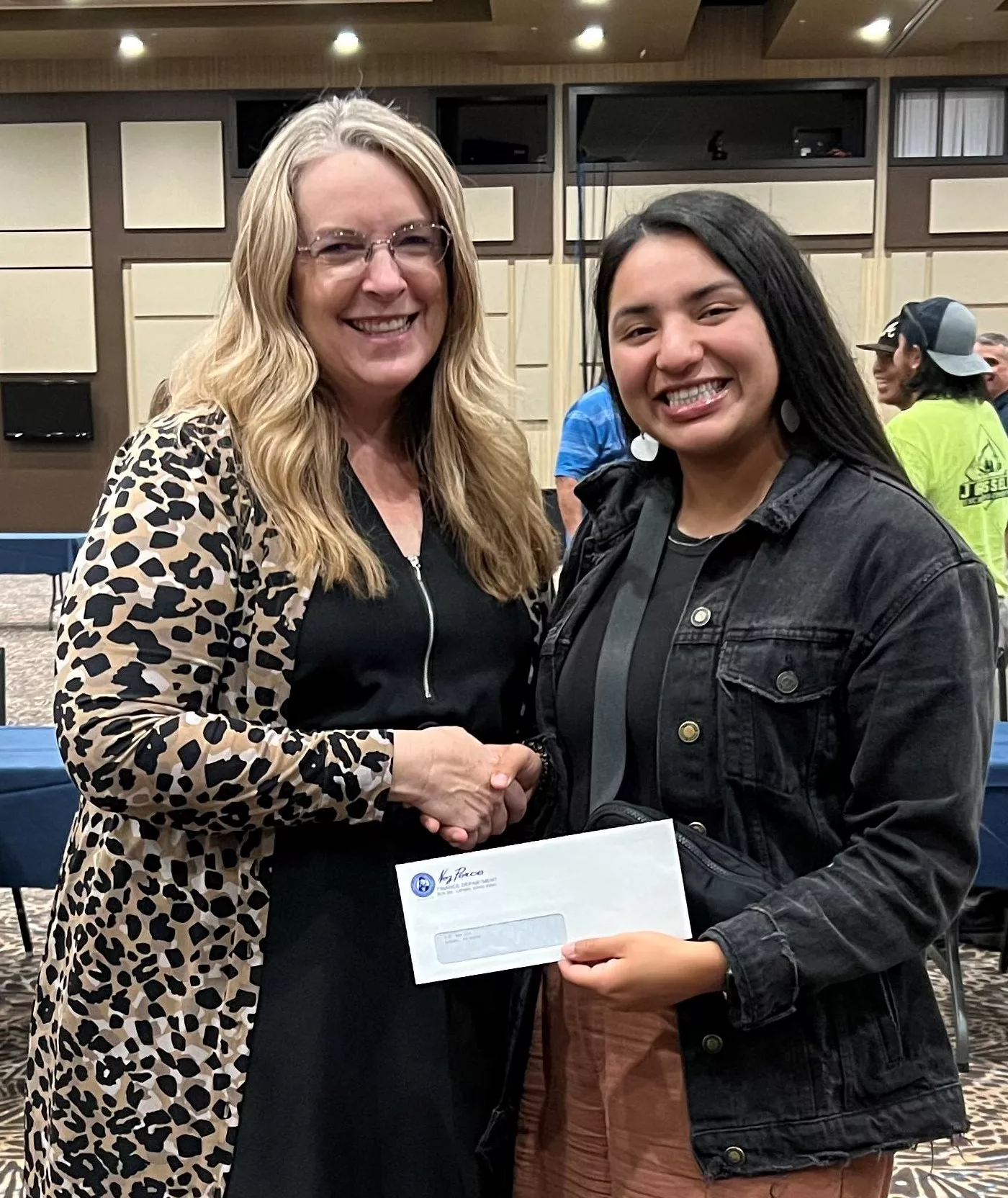
LAPWAI, ID – The Nez Perce Tribe distributed $433,097 in grants for educational programs through the Local Education Program Fund last week. There were grants awarded ranging from $1,000 to $10,000 to schools and community organizations throughout the region.
From the Nez Perce Tribe:
The grant program is funded with revenue from gaming enterprises operated by the Nez Perce Tribe. The funds are distributed in accordance with the Indian Gaming and Self-Reliance Act of 2002, approved by Idaho voters through the Proposition One initiative. The mission of the grant program is to provide financial assistance to local education programs and schools located on or near the Nez Perce Reservation to improve the mind, speech, manner, capability, and character of the human populace.
Since 2004, the Tribe has awarded over $6.5 million in education grants. “Providing and enhancing educational opportunities for future generations is very important to the Tribe and to our people,” stated Shannon Wheeler, Chairman of the Nez Perce Tribal Executive Committee. “This program provides an avenue for the Tribe to assist schools throughout the area to serve students in ways that might not otherwise be possible.”
The grants awarded will be used in various impactful projects such as tuition assistance, classroom supplies, greenhouse and gardening, and youth entrepreneurship. The grant awards went to different schools throughout the region including but not limited to Culdesac, Cavendish, Genesee, Nez Perce, Lewiston, Asotin, Kamiah, Clarkston, Kendrick, Troy, Palouse, and Lapwai as well as other distinguished programs, universities, and colleges.
“These grants are not meant to replace state funding for school budgets but are intended to give extra funding to programs that augment or complement current school curriculums and education initiatives. Applications for these grants are carefully evaluated and awards are given based on the program or project’s overall need, quality of proposal, and significance of the project,” concluded Wheeler.

